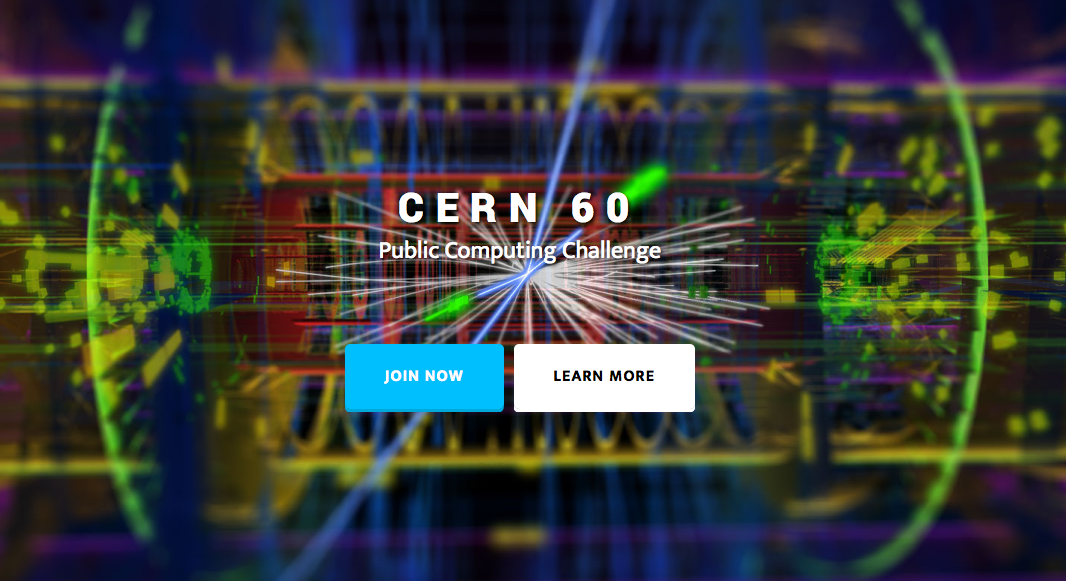Researchers at the Citizen Cyberlab project and the Citizen Cyberscience Centre (CCC) are looking for participants to test their new web-based volunteer computing platform during a 12-day trial starting on Monday, 8 December. They want to see whether it could potentially run simulations at rates approaching the colossal amount of data that is generated by the LHC.
To join the challenge, you need to install an application on your computer. After that, a simple click on the “Start” button on the project website uses your computer’s processor to run simulations of particle collisions that are sent back to the research team. You can keep track of how much computing power you contribute to the project via a dashboard that shows the number of events per minute produced, the fraction of the current job completed and your ranking among other volunteers competing in the challenge, as well as the overall rate of event simulation by the volunteers, compared with event rates for the LHC and other particle colliders.
The challenge is being launched in the framework of CERN’s 60th anniversary celebrations, so the volunteers will be simulating events from experiments over the laboratory’s history. It also coincides with the 10th anniversary of CERN’s existing volunteer computing project LHC@home, whose volunteers are also being invited to participate.
“We are really curious to see how far we can push this new Web-based approach to volunteer computing,” says project spokesperson François Grey. “We have worked really hard to make it easy to use, so that newcomers can get going in just a few clicks, and so they can understand clearly what their computer is doing. Through this trial we want to test our infrastructure under realistic conditions, and study the behavior of the volunteers as they join the challenge, to understand how to improve that experience for them. This will help us integrate the new Web-based approach into future citizen science projects and games.”
During the 12 days of the challenge, the event simulations produced by the volunteers will be brought together into MCPlots, a large database of simulations and experimental data employed by many particle physicists. These results, as well as the Web-based approach to launching volunteer computing, will be used for the development of a new game – Virtual Atom Smasher – to be launched next year as part of the Citizen Cyberlab project. The game will be an educational platform to learn particle physics and let the public don the hat of a theoretical physicist.
For further information about the challenge, refer to the Q&A section and discussion forum on the CERN 60 Public Computing Challenge web site, send the team an email at info@citizencyberlab.com or follow them on twitter and facebook.

